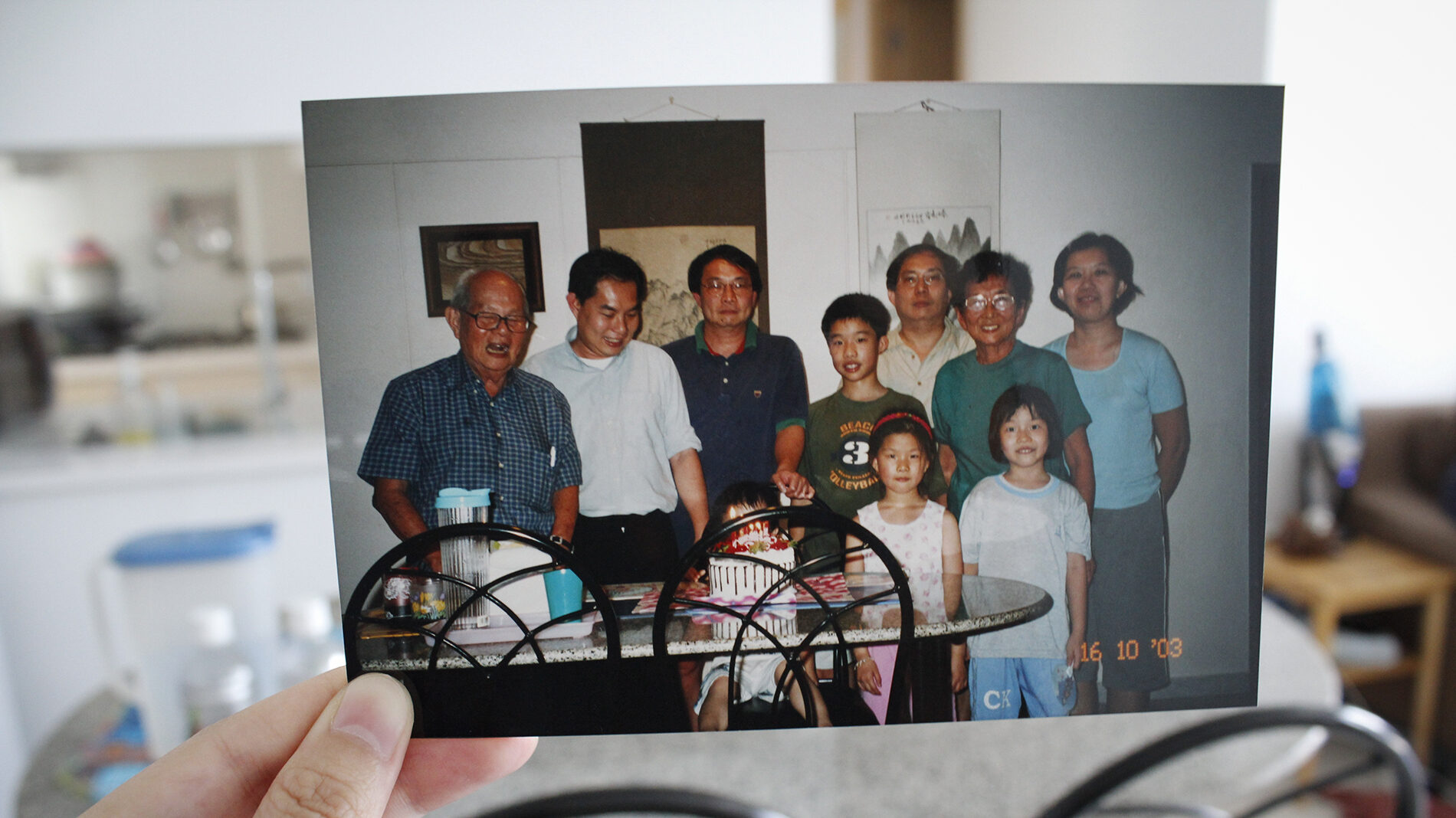Family Environment, Loneliness, Hope, and Subjective Well-Being of Asian Older Adults
October 1, 2024
1 October was designated the International Day of Older Persons (IDOP) by the United Nations General Assembly in 1990. Ever since, it has been commemorated yearly by countries around the world, including Singapore. Initiatives and celebrations have been organised jointly by the National Council of Social Service (NCSS) and RSVP Singapore, the Organisation of Senior Volunteers.
While efforts have been made to improve the well-being of older adults, many continue to face issues such as loneliness and poor family cohesion as they progress into old age. In ‘Family Environment, Loneliness, Hope, and Subjective Well-Being of Asian Older Adults’ (The International Journal of Aging and Human Development, 2024), Associate Professor Srinivasan Chokkanathan (NUS Social Work) looks into the challenges faced by older adults and considers the various factors that influence their subjective well-being (SWB).
A total of 345 older adults, ages ranging 60 and over, were surveyed for the study. The survey aimed to understand how family dynamics, hope, and feelings of loneliness interplay and subsequently, impact the participants’ SWB. SWB was measured through indicators like life satisfaction, happiness, and an absence of negative emotions. The results were evaluated using structural equation modelling, which indicated that the family environment significantly impacted participants’ SWB, both directly and indirectly.
An association was found between positive family environments, lower loneliness levels and higher levels of SWB. Positive family environments also improved participants’ feelings of hope and optimism towards the future. A/P Chokkanathan notes that these findings have significant policy implications, as identifying these associations can assist policymakers in crafting interventions that will help mitigate loneliness, enhance mental resilience, and promote an increase in overall SWB as adults head into old age.
Read the article here.

